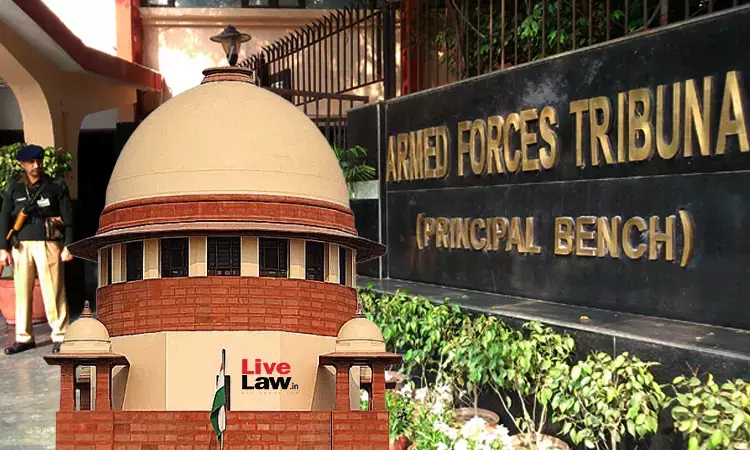Don't Drag Each & Every Armed Forces Member Who Gets Disability Pension To Court; Evolve Policy On Appeals : Supreme Court To Union Govt
Amisha Shrivastava
30 Jan 2025 6:15 PM IST

The Court warned the government against filing frivolous appeals and stressed the need to maintain the morale of armed forces personnel.
Next Story


